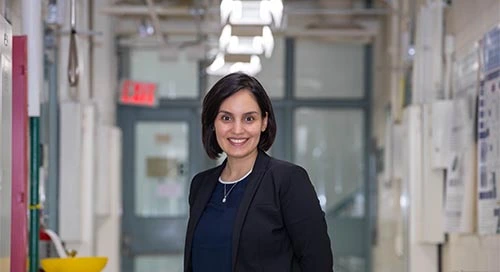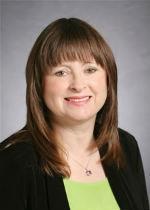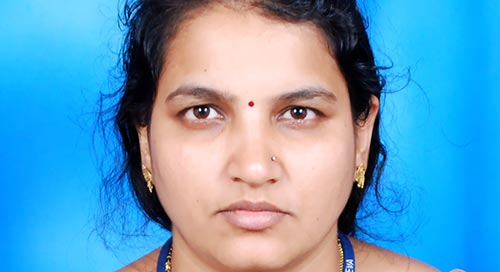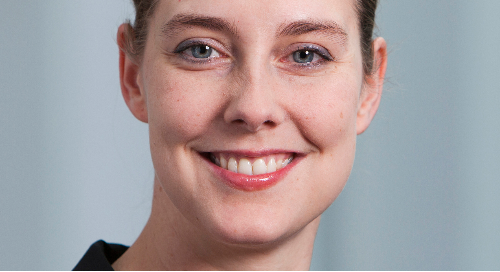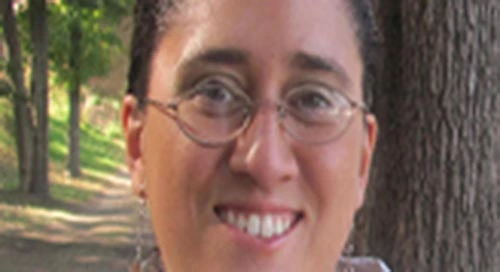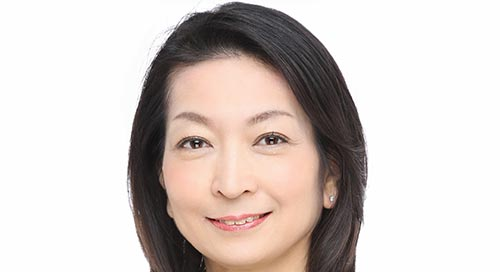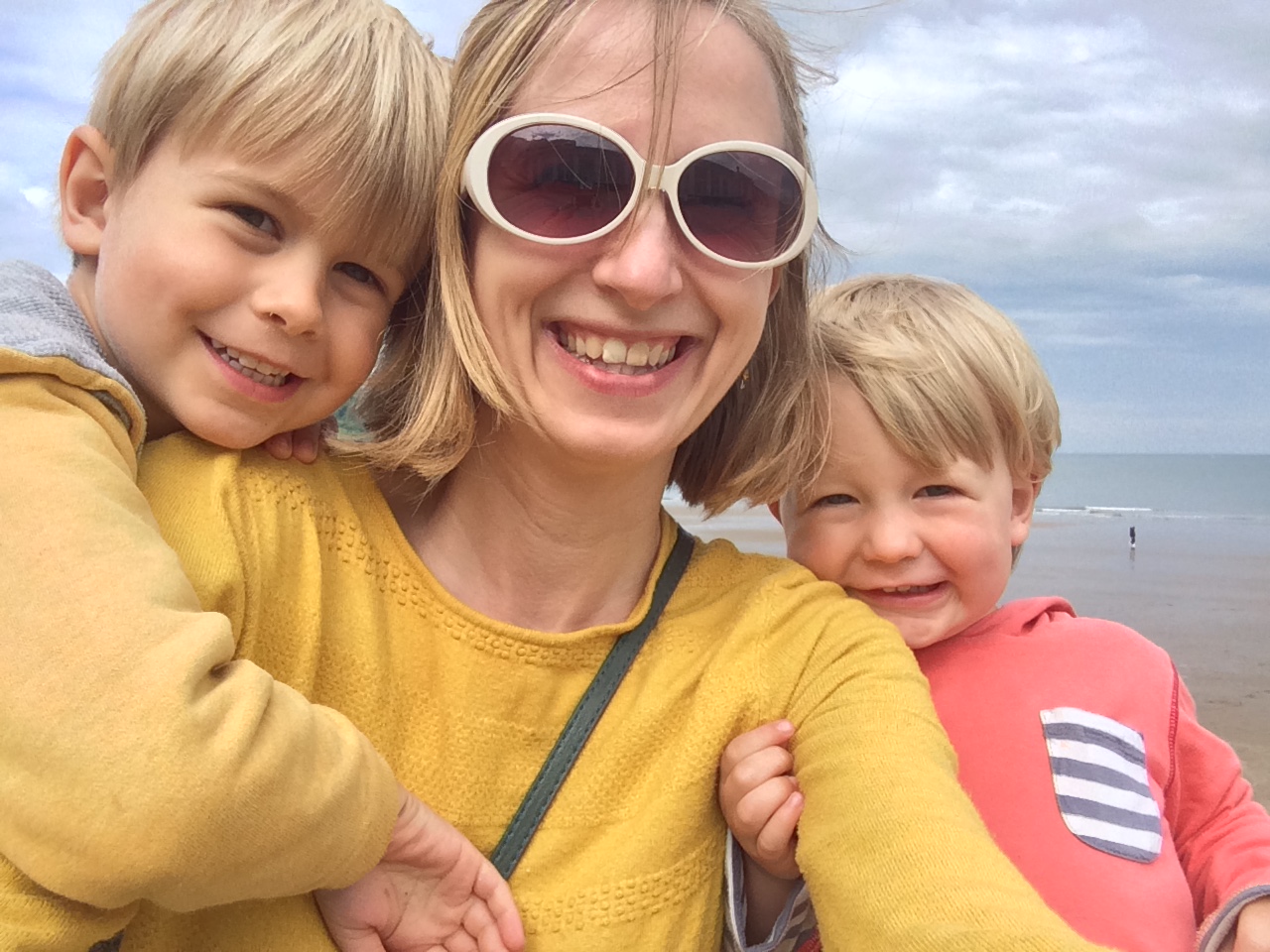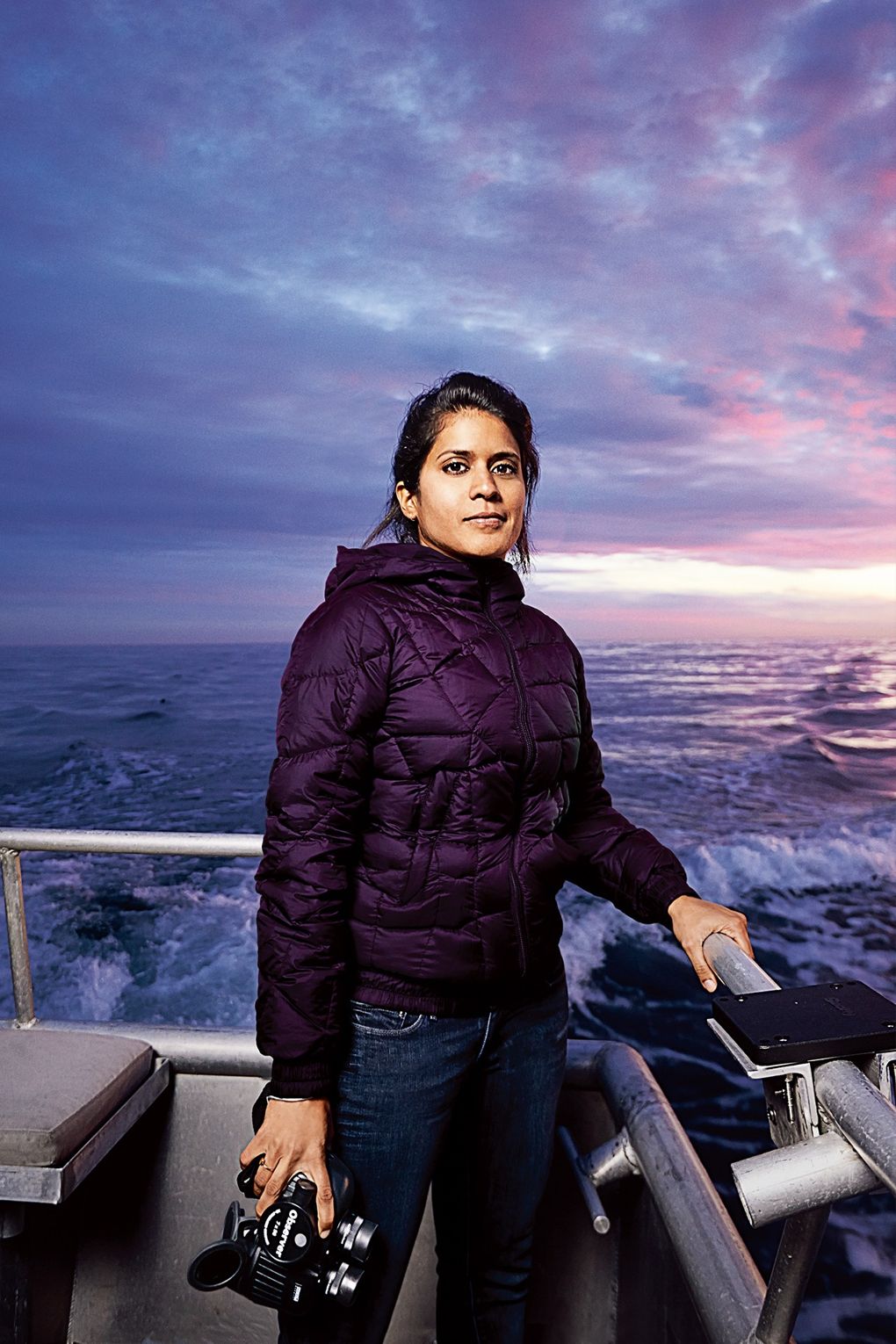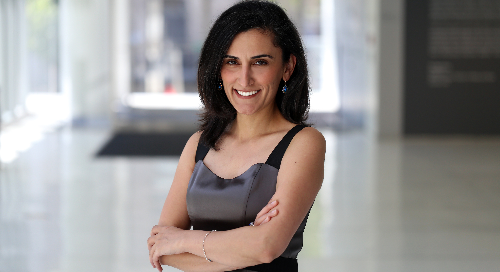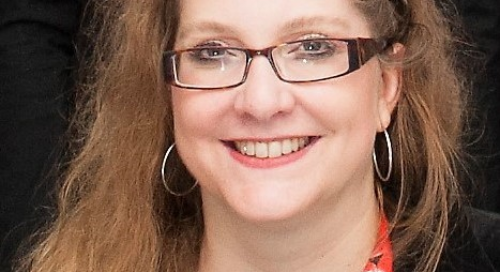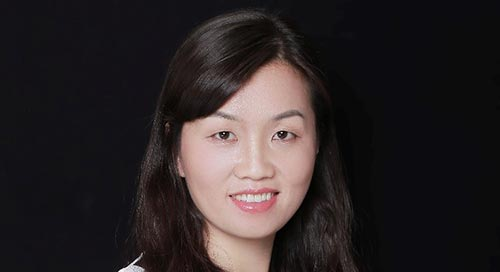changing-fields-post-phd-a-day-in-the-life-of-an-immunology-postdoc
September 28, 2016
You might decide to pursue a postdoctoral position after earning your PhD, either to more narrowly specialize in your doctoral field of work or to learn a new set of skills. In my case, I wanted to expand on my training to learn new techniques and gain expertise in a different field. So after earning my PhD in basic cell biology, I decided to move out of my comfort zone and start a postdoc in immunology.
Because I did not take any immunology courses in grad school, my postdoc was a learn-on-the-job opportunity. Having colleagues who were willing to demonstrate commonly used (but completely new to me) techniques in the lab and were patient enough to answer my many questions, was invaluable. Another resource I had available to me was the opportunity to attend the American Association of Immunologists (AAI) advanced course in immunology in Boston. This week-long course taught by top names in the field is a crash course on crucial concepts in immunology. I was also involved in writing a review article, which was a great way to learn the current literature.
In the two and a half years that I’ve worked in a mouse immunology lab, I’ve learned a lot about mouse husbandry and mouse colony maintenance. Just as cell lines need to be split to keep them healthy and growing, mouse pups, once they reach a certain age, need to be separated from their mother to ensure that they continue to thrive. Importantly, I also learned that male pups from different mothers cannot share the same cage unless they are being weaned, or they will fight to the death (and fortunately, no, I did not learn that from trial and error, but from one of my more experienced labmates)! One or two days each week, for a couple of hours at a time, I can be found in the "mouse room," taking care of the mouse colonies I maintain. This includes weaning, setting up breeding cages, and setting up pups to screen for the gene of interest during the generation of new mouse lines.
My postdoc work also provided an opportunity to expand on the microscopy knowledge I gained in grad school. While I performed live cell imaging using confocal microscopy for my PhD, I moved onto multiphoton microscopy during my postdoctoral work. Multiphoton microscopy is a valuable tool for imaging thicker samples and is therefore indispensable for imaging mouse tissues in situ. One of my research projects involves imaging the mouse popliteal lymph node in situ. On an imaging day at the lab, how early my day starts depends on the time points I collect. A busy day involves starting bacterial cultures early in the morning, infecting mice later in the morning and imaging the lymph node a few hours later. Other days involve performing mouse organ dissections, and processing and staining to be run through the flow cytometer.
My experience has provided me with a unique perspective on working with two distinct model systems: human cell lines and mice. The latter is considered more physiologically relevant, especially as my postdoc lab focuses on bacterial and viral infections. While my PhD research focused on the function of a single protein within the cell, my postdoc project forced me to take a step back and address my research question on a more macroscopic level, and I examined how the protein of interest influences immune cell function in a tissue like the lymph node or gut. However, irrespective of the field, there are aspects of research that remain constant. Apart from planning and performing experiments, there are always data to analyze and interpret, papers to read, manuscripts to write and edit, and presentations to prepare.
The transition between disciplines was not always a smooth ride, but being somewhat prepared for the ups and downs made the journey worth it. For example, it took me more than a year to master some of the imaging techniques, time that could have been spent gathering data for grants or research papers. At the end of the day, I’m happy with my decision to take up a postdoctoral position in immunology. I’ve learned a lot and I believe this experience has made me a better and braver scientist.
Have you switched fields since earning your PhD? Feel free to share your own experiences in the comments below, and consider joining Wiley Advisors. Learn more about the benefits here.
Dr. Manisha Menon earned her PhD in Cell Biology in 2013 from the University of Virginia. She is currently conducting postdoctoral research in Immunology.
Image credit: miljko/iStockphoto

